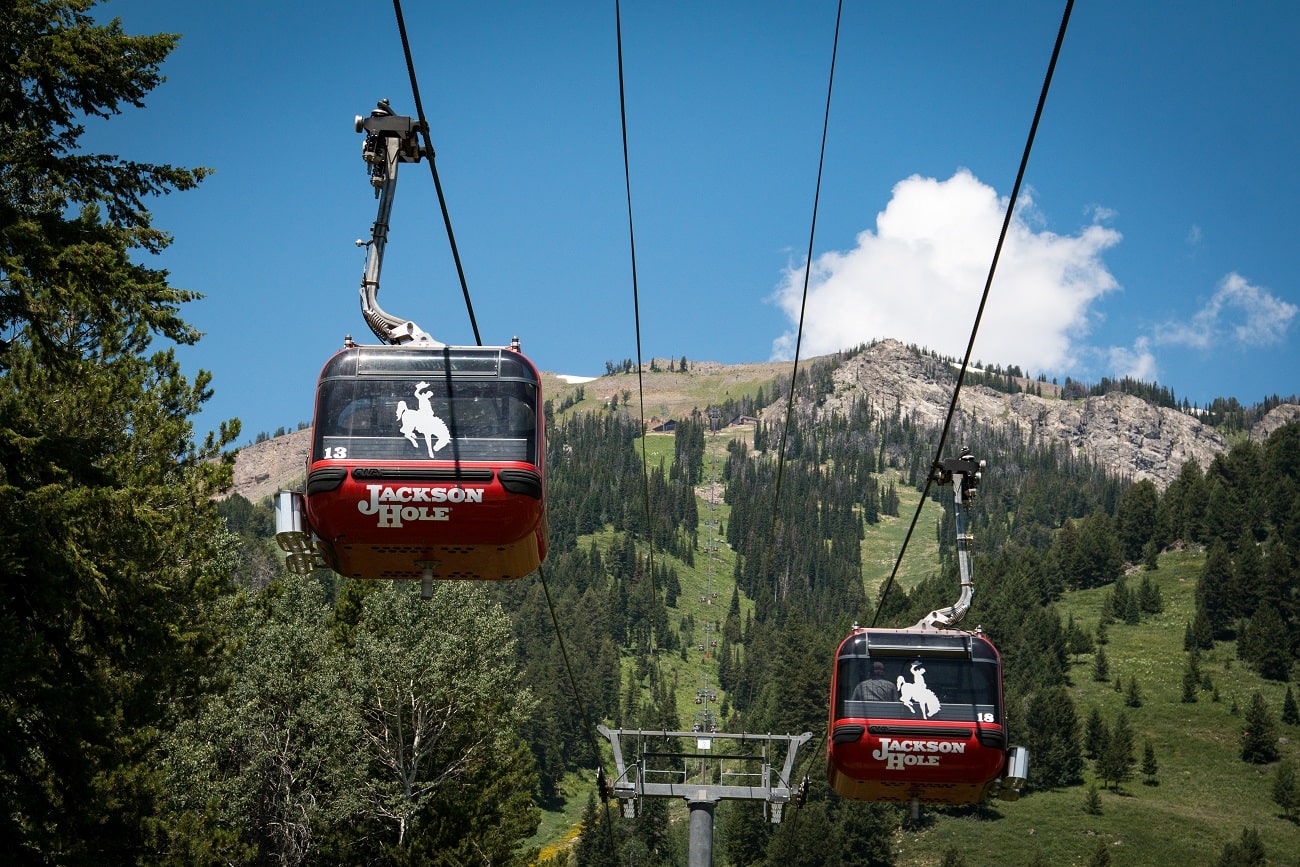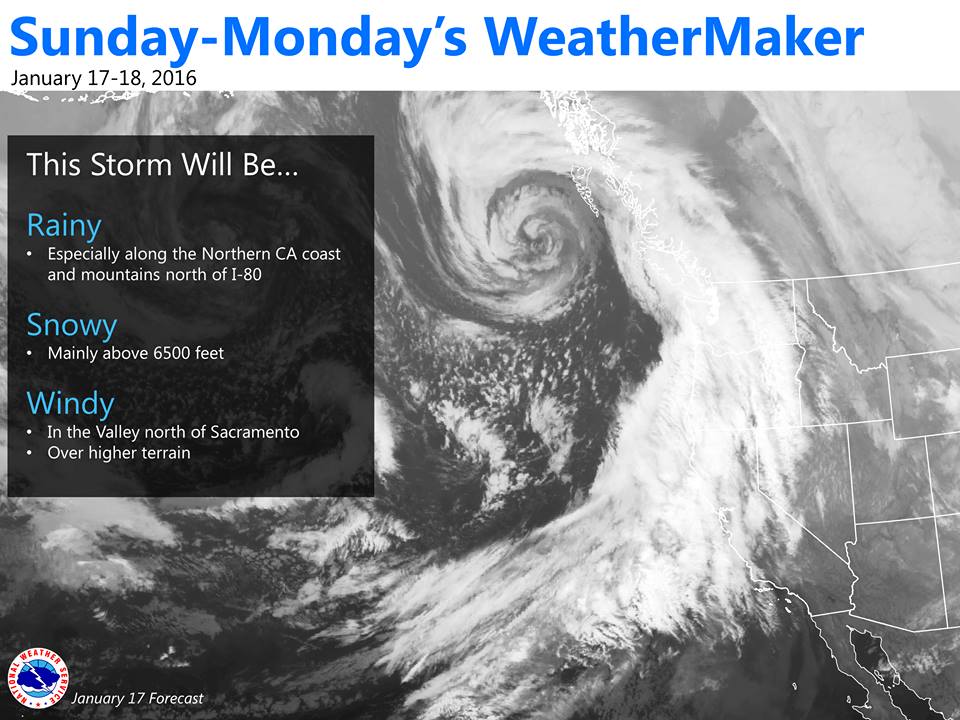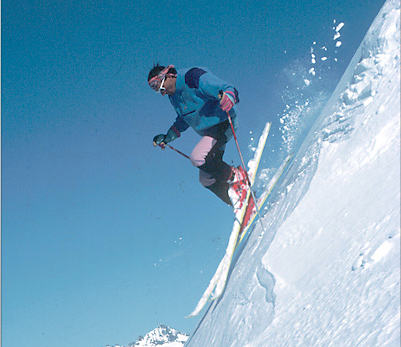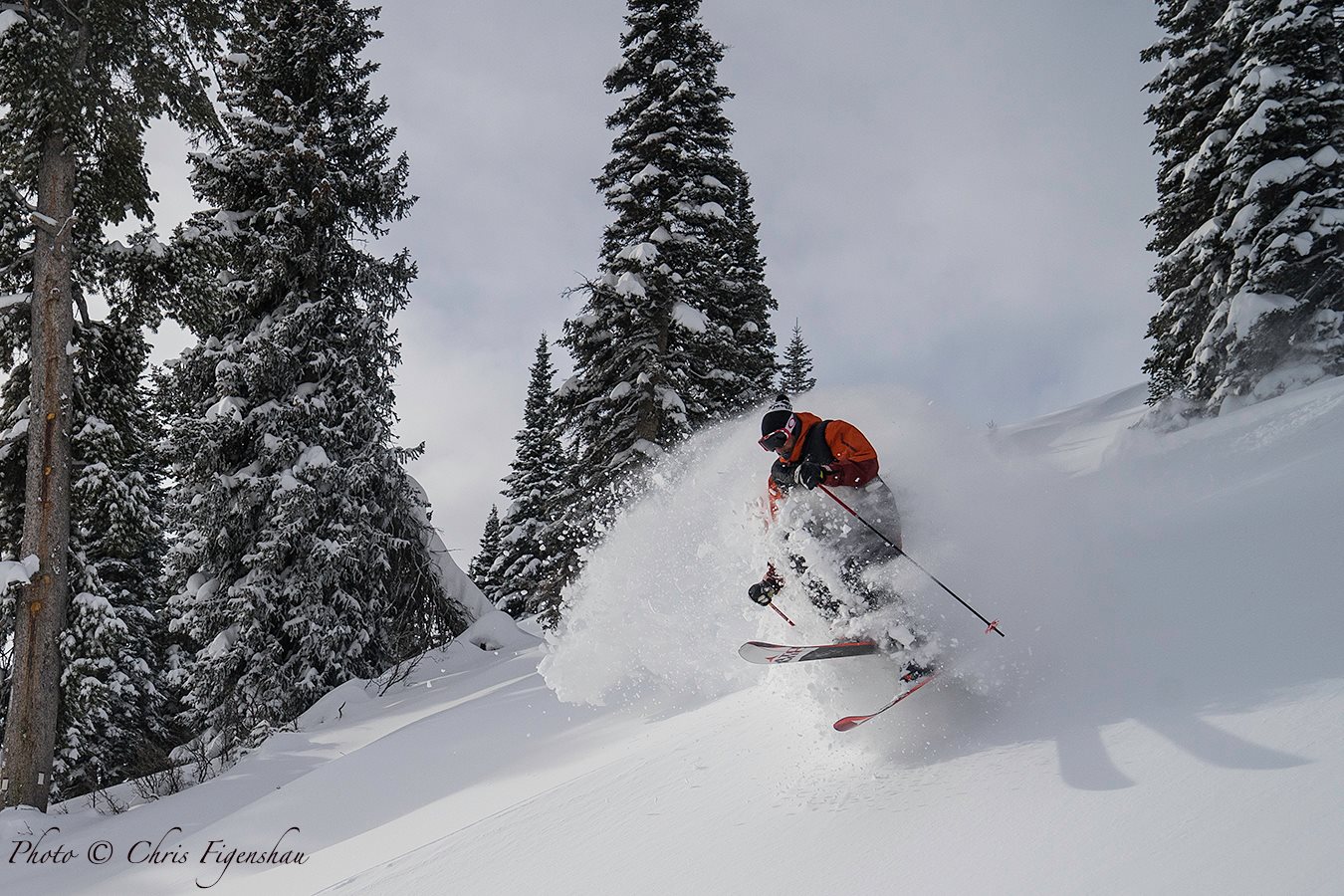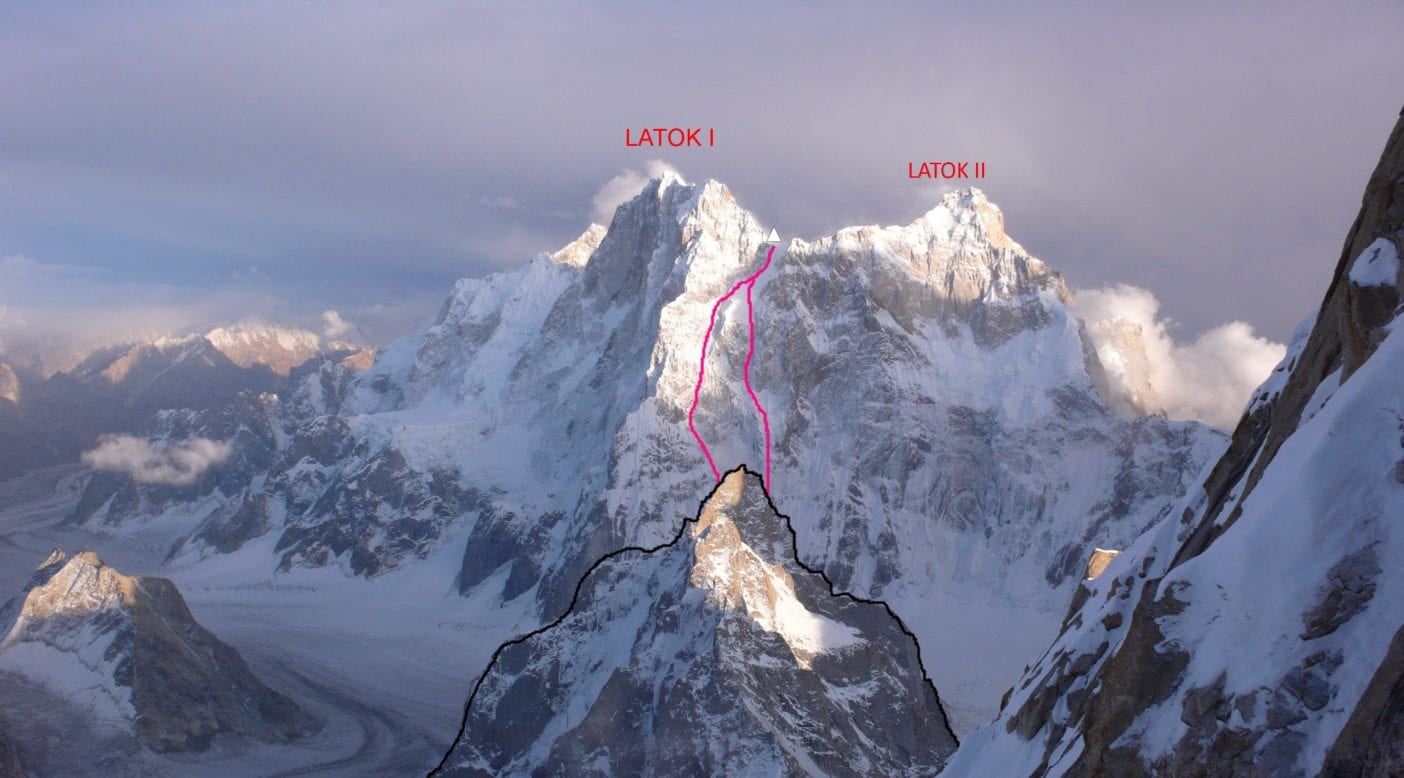
The rescue mission to save stranded Russian climber Alexander Gukov, trapped at 20,341-feet on Latok I since his partner fell to his death six days ago, is being hampered by bad weather conditions. Time is running out as Alex is now out of food and his Iridium satellite phone is out of charge.
Low clouds and low visibility prevented helicopters from reaching the Pillar of Latok I yesterday. The hope is that Alexander Gukov heard the noise of the rotor blades and that will give him the strength to persevere. Better weather is forecast for today and the 5th Army Aviation High Altitude Squadron have been on standby for this particular mission for a few days now.

In the meantime Hervè Barmasse, one of the first alpinists, along with David Göttler, offered to help the rescue mission, posted the following update on Facebook:
“Over the past five days we have always been on hold to attempt to rescue Alexandr Gukov. Every day we repeatedly phoned both the pilots and the Russian embassy and unfortunately due to the bad weather waited in vain for a helicopter transport us from the Gasherbrum base camp to Latok. And it’s snowing once again this evening. In the beginning, we were the only mountaineers immediately ready and available, but as of today five really strong alpinists, including Aleš Cesen, arrived at Latok base camp. We have spoken to them and they too exclude the possibility of reaching Gukov by climbing up the mountain. The only remaining option is the long line. But there is little time left to save Alexandr, even if all of us who are waiting for a happy ending feel that the wait is slow and never-ending. The wait is unnerving. Difficult. And even if we now know for sure, and I’d add quite rightly so, that the army will rely on the mountaineers now at Latok base camp and no longer on us, our thoughts and our prayers are for you Gukov. Hang on in there!”

Any rescue effort would be attempted with a fixed line rescue at over 20,000-feet, pushing human as well as machine limits at this high altitude. The mission would of course be dependant on weather conditions like visibility, wind, air temperature etc. The highly-skilled pilots would engage free-air hover at 20,341-feet, without any ground effect to help them and stabilize the helicopter at this altitude long enough for Alex to attach the fixed line to his harness. The pilots are doing as much as they humanly can to come to the help of a mountaineer in distress. This is an extremely risky and hazardous operation.

